(ECNS) -- Eight scientists on Wednesday were awarded the 2023 Future Science Prize, the first Chinese non-governmental science award jointly initiated by groups of scientists and entrepreneurs.
Since its establishment in 2016, a total of 35 laureates have been awarded the Future Science Prize so far.
Chai Jijie and Zhou Jianmin received the Future Science Prize in life sciences for the discovery of resistosomes and elucidation of their molecular structures and functions in plant immune responses against pathogens.
Through their collaborative work in the past 19 years, Chai and Zhou discovered that plant immune receptors activate immune responses through formation of resistosomes by identifying the essential components of the first resistosome (ZAR1 resistosome) and revealing its structure and molecular function.
Their work shows how the multi-component resistosome assembles after recognition of the pathogen effector by the immune receptor, ZAR1, and functions as a plasma membrane calcium-channel to trigger programmed cell death at the infection site to protect plants from infection. Understanding of resistosome functions will lead to better methods for controlling plant disease and therefore have enormous importance for global food security.
Chai said that he felt extremely honored, excited, and happy via a video call at the press conference. He emphasized that this recognition was not only for himself but also for the team's years of hard work. This honor belongs not only to him as an individual but also to the entire team. "My collaboration with Professor Zhou has lasted nearly 20 years. Our partnership has been not only productive but also enjoyable, and I believe our collaboration will continue," he said.
During the video call, Zhou remarked that the Future Science Prize is grounded in the national context. While looking towards the future and exploring the forefront of science, it is heartening to see that the prize also places greater emphasis on supporting agriculture.
Zhao Zhongxian and Chen Xianhui received the Future Science Prize in physical sciences for their seminal breakthroughs in the discovery of high-temperature superconducting materials and systematic advancements in elevating the transition temperature.
In the Cuprate family of high Tc materials, Zhao led a team that independently discovered the first superconducting material above the liquid nitrogen temperature. In the Iron-based family of high Tc materials, Xianhui Chen's group was the first to raise the transition temperature above the McMillan limit, confirming the unconventional nature of these materials. Notably, both Zhao and Chen conducted systematic studies to unravel the underlying physical mechanisms of high Tc materials, positioning themselves at the forefront of superconductor research for several decades.
He Kaiming, Sun Jian, Ren Shaoqing, Zhang Xiangyu received the Future Science Prize in mathematics and computer science, for their fundamental contributions to artificial intelligence by introducing deep residual learning.
The 2023 Future Science Prize Week and the Award Ceremony will be held in Hong Kong from October 14 to 17.











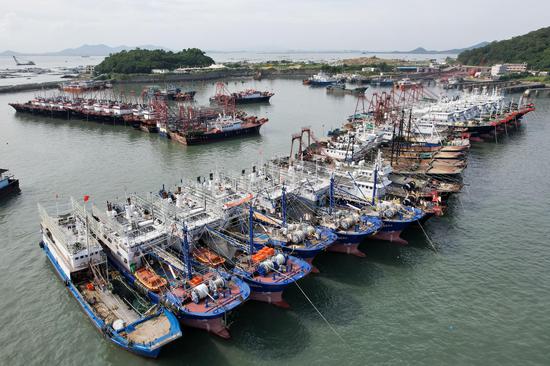
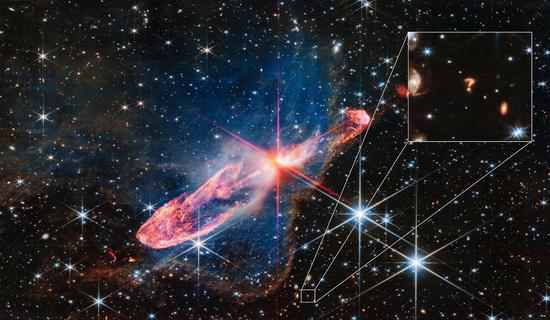


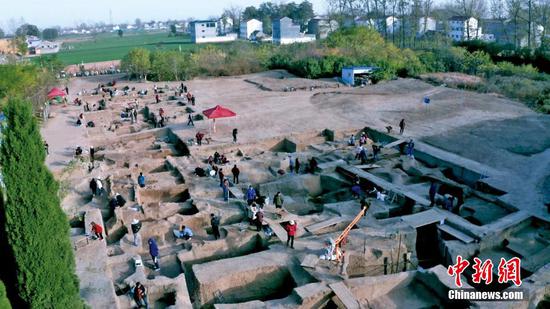
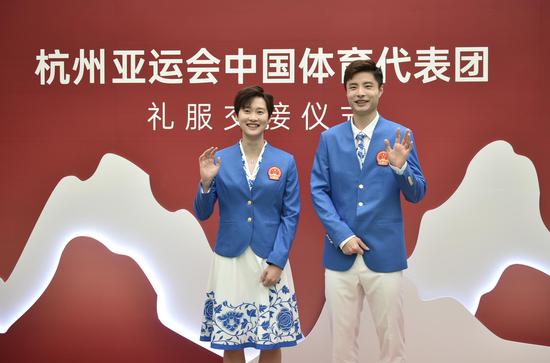
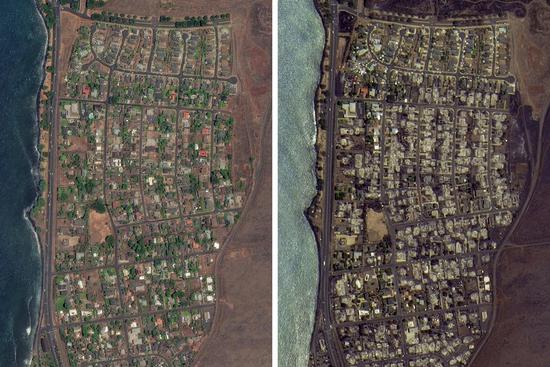



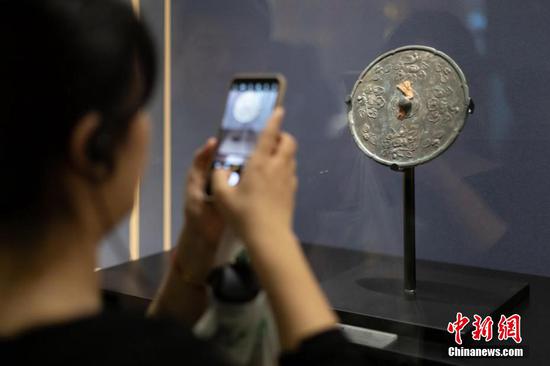


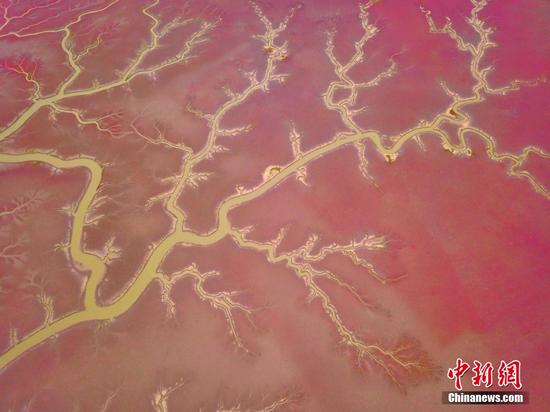


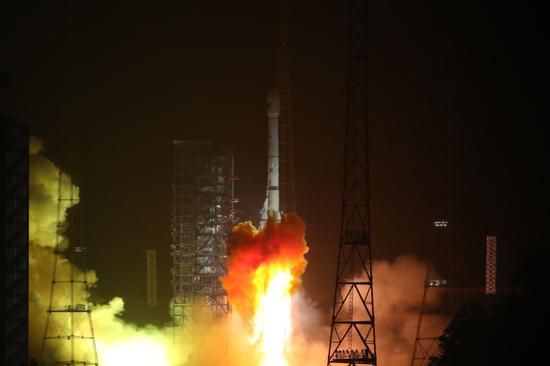
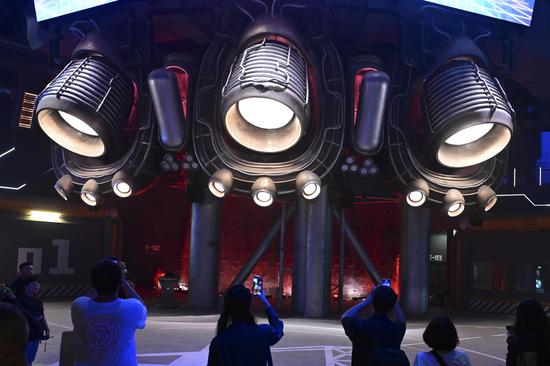

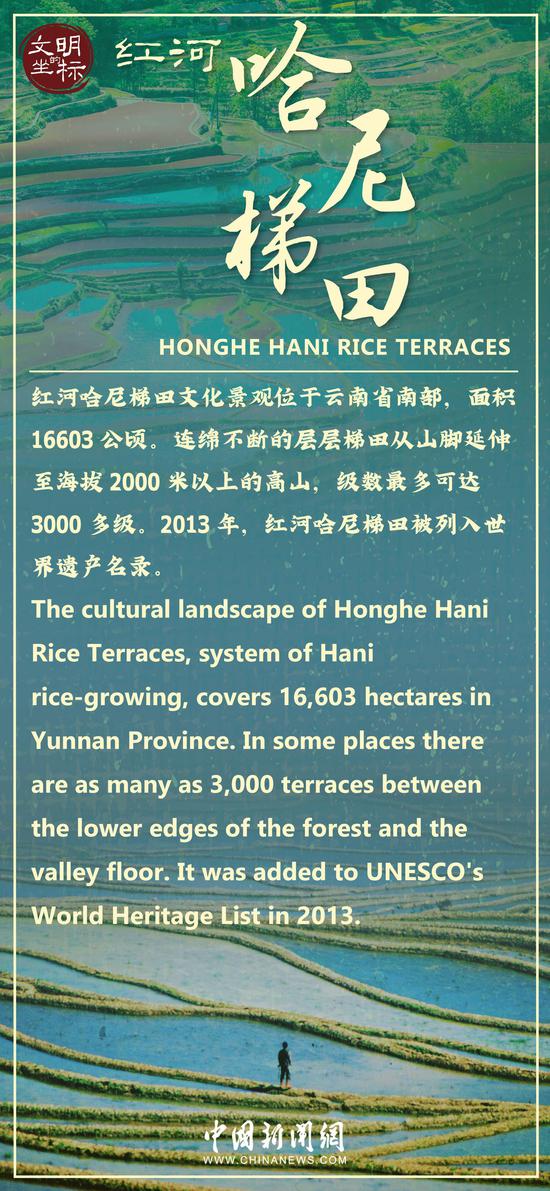


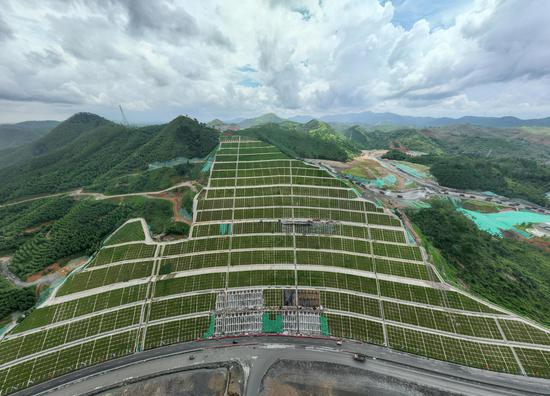
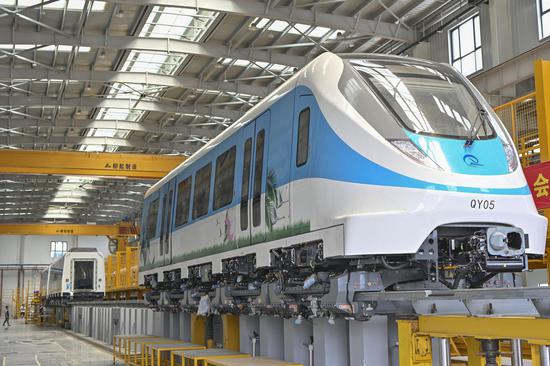
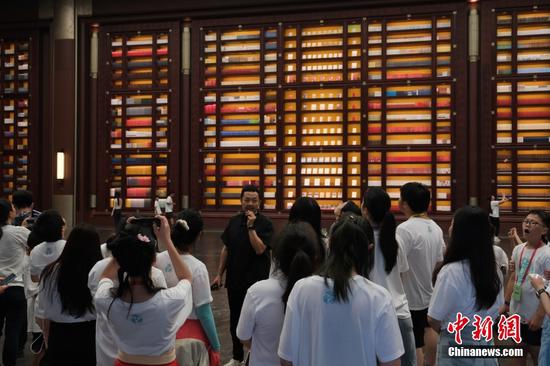
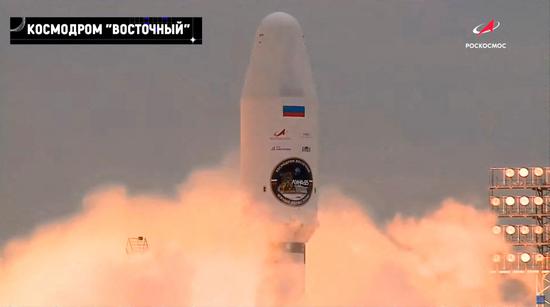
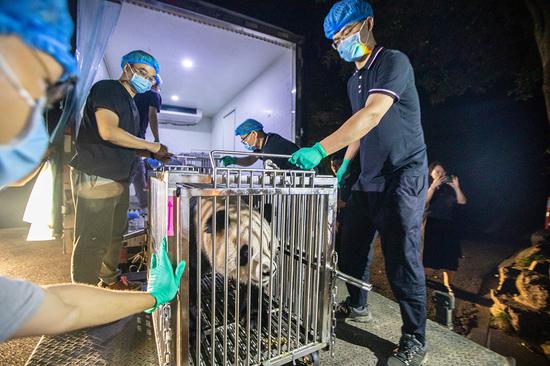


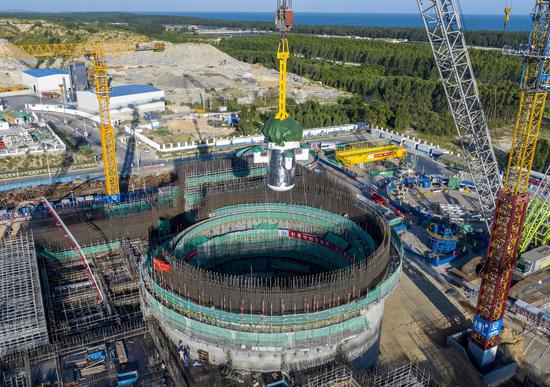

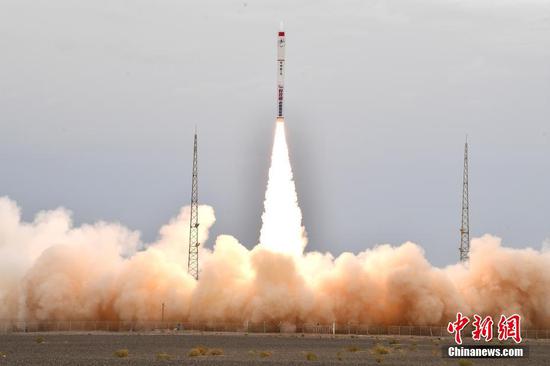

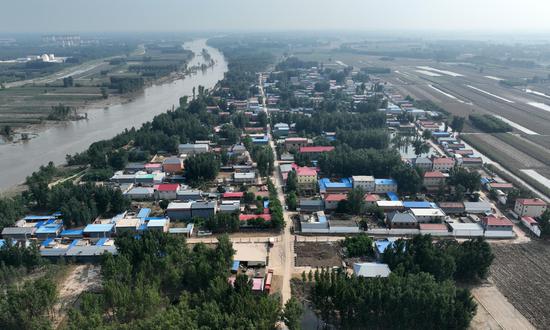





 京公网安备 11010202009201号
京公网安备 11010202009201号